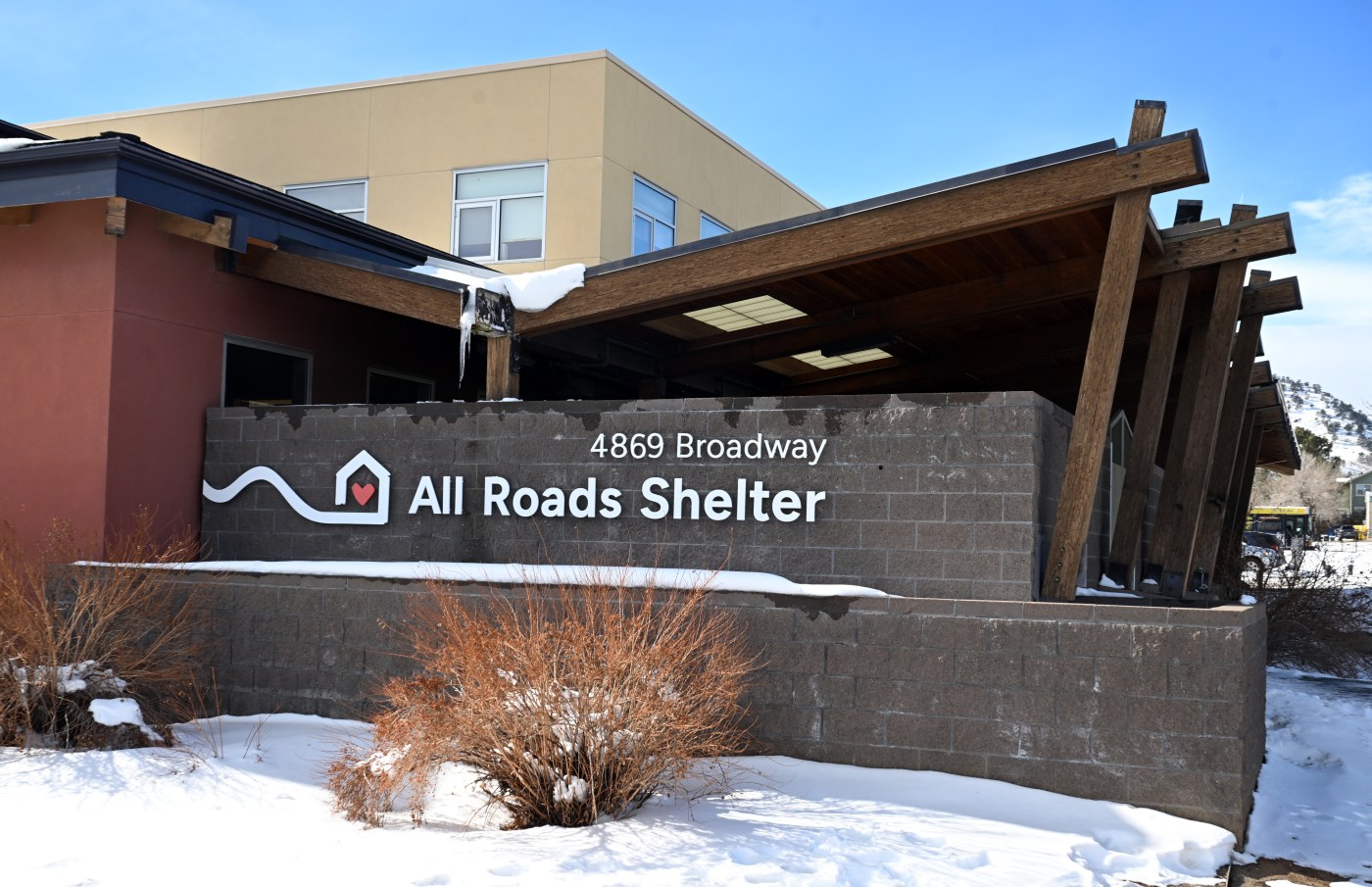Politics
Community Support Essential as Economic Challenges Grow

As economic challenges continue to mount, the urgency for community support has never been clearer. Michael Block, the Chief Executive Officer of All Roads, emphasizes the need for collective action to help those experiencing hardship, particularly as safety nets face unprecedented strain. Recent changes to funding and assistance programs threaten to impact millions, making it crucial for communities to rally together in support of their most vulnerable members.
Rising Challenges and Increased Demand for Support
Reflecting on the pandemic’s impact in 2020, Block recalls the uncertainty faced by organizations like All Roads. Questions loomed regarding the operation of homeless shelters and the potential loss of staff and residents amid a collapsing economy. Despite these fears, the community responded with generosity, demonstrating resilience.
Today, the challenges are different yet equally daunting. Budget shortfalls at city, county, and state levels compound the crisis, while proposed changes to federal programs threaten to strip assistance from an estimated 12 million people relying on Medicaid. Additionally, the proposed 2026 HUD budget seeks to cut funding for programs that support low-income residents by 50%. Food assistance programs that many depend on saw significant reductions starting on November 1, 2023, further complicating the situation for those in need.
Block points out that the uncertainty is not only felt by clients but also by the community at large. As financial markets fluctuate and national policies disrupt economic stability, individuals worry about their future, which in turn affects their ability to support others.
The Importance of Community Action
For those fortunate enough to find refuge in housing programs, questions about the security of their homes have arisen. Block notes that many clients are asking, “Am I going to lose my housing?” This uncertainty exacerbates the stress faced by those transitioning from homelessness. The reality is stark: as resources dwindle, the demand for support services is expected to rise.
Block highlights a critical truth: the safety net is not merely a luxury. It is essential for countering the effects of systemic poverty and economic instability. The shortage of 6.5 million units of affordable housing, compounded by cuts to healthcare and food assistance, means that more individuals are at risk of falling through the cracks.
Despite these challenges, there is a hopeful outlook. Block asserts that with community support, dedicated individuals will continue to work tirelessly for those in need. The staff at All Roads, who previously risked their health during the pandemic, remain committed to their mission. “They will fight as hard as we let them,” Block states, highlighting the determination of those working on the front lines.
Collaborating with local governments, including the City of Boulder and Longmont, All Roads has made strides in addressing homelessness. The homeless census in Boulder has decreased, contrasting with trends in other cities and counties in the Denver metro area. Last year, with assistance from All Roads, 200 individuals successfully transitioned out of homelessness, underscoring the impact of effective community initiatives.
Research shows that stable housing can reduce municipal crime among homeless adults by 90% and decrease emergency room visits by 80%. The city’s new homeless strategy aims to build on these successes, ensuring that resources are directed toward sustainable housing solutions while mitigating the impacts of homelessness in public spaces.
As uncertainties abound, Block calls on the community to refocus its efforts on supporting those in need. He encourages individuals to consider increasing their contributions, whether in financial donations or volunteer hours. “Let’s honor the suffering of the needy and those who come to their aid,” he urges, emphasizing the role of organizations like All Roads in combating the challenges faced by the most vulnerable.
The call to action is clear: during this uncertain time in history, community solidarity is essential. By working together, individuals and organizations can create a more supportive environment for those experiencing hardship, ensuring that hope for a brighter future remains alive.
-

 World3 weeks ago
World3 weeks agoGlobal Air Forces Ranked by Annual Defense Budgets in 2025
-

 World3 weeks ago
World3 weeks agoMass Production of F-35 Fighter Jet Drives Down Costs
-

 Science3 weeks ago
Science3 weeks agoTime Crystals Revolutionize Quantum Computing Potential
-

 World3 weeks ago
World3 weeks agoElectrification Challenges Demand Advanced Multiphysics Modeling
-

 Top Stories3 weeks ago
Top Stories3 weeks agoDirecTV to Launch AI-Driven Ads with User Likenesses in 2026
-

 Lifestyle3 weeks ago
Lifestyle3 weeks agoDiscover Reese Witherspoon’s Chic Dining Room Style for Under $25
-

 Top Stories3 weeks ago
Top Stories3 weeks agoNew ‘Star Trek: Voyager’ Game Demo Released, Players Test Limits
-

 Entertainment3 weeks ago
Entertainment3 weeks agoFreeport Art Gallery Transforms Waste into Creative Masterpieces
-

 Health3 weeks ago
Health3 weeks agoGavin Newsom Critiques Trump’s Health and National Guard Plans
-

 Business3 weeks ago
Business3 weeks agoGold Investment Surge: Top Mutual Funds and ETF Alternatives
-

 Politics1 week ago
Politics1 week agoLanguage Evolution: New Words Spark Confusion in Communication
-

 Lifestyle3 weeks ago
Lifestyle3 weeks agoLia Thomas Honored with ‘Voice of Inspiration’ Award at Dodgers Event









